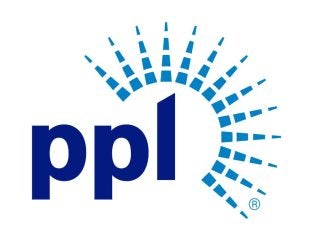
Research funded by a US DoE grant to further assess feasibility for new nuclear industry at company sites, should technology become commercially viable, has been extended. The research is part of an ongoing effort to evaluate all options for future replacement of aging generation, and to better support energy-intensive customers with zero-carbon objectives. PPL Corporation subsidiaries Louisville Gas and Electric Company and Kentucky Utilities Company intend to build on an earlier assessment of nuclear feasibility at the site of an existing Kentucky coal-fired power plant by exploring additional locations and partnerships that could support nuclear energy in the commonwealth.
“We understand that achieving our goal of net-zero carbon emissions will be challenging, and we continue to pursue an ‘all-of-the-above’ technology strategy to replace aging generation with a cleaner, more diverse energy mix capable of safely, reliably and affordably meeting our customers’ future energy needs and supporting continued economic growth,” said Vincent Sorgi, president and chief executive officer of PPL.
As with earlier feasibility assessments, at LG&E and KU’s Ghent Generation Station in Ghent, Kentucky, PPL’s R&D team plans to partner with Gateway via Accelerated Innovation in Nuclear (GAIN), a US Department of Energy initiative, and with nuclear design engineering company X-Energy in the next phase of assessments.
“Nuclear energy … has the potential to meet our customers’ needs and support manufacturing and data centre growth, particularly if technology such as nuclear small modular reactors (SMRs) become more cost-competitive,” said Sorgi.
PPL and GAIN’s prior study at the Ghent facility determined that the site is suitable for a nuclear SMR plant, but would have potential size constraints for a larger traditional nuclear reactor. Phase two of the study will explore alternative locations and industrial partnerships that could enable energy-intensive customers, including manufacturers and data centres, to achieve their zero-carbon objectives while maintaining reliability and affordability.
The aim of the US DoE GAIN initiative is to provide the nuclear community with access to the technical, regulatory, and financial support necessary to move innovative nuclear energy technologies toward commercialisation. Its mission is to support the development and deployment of advanced nuclear technologies.






